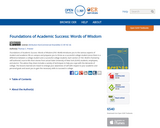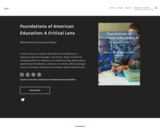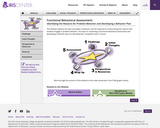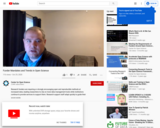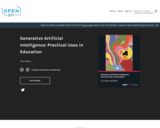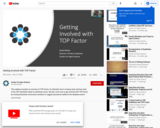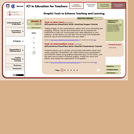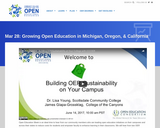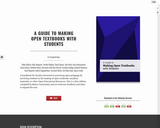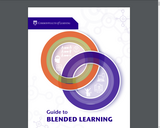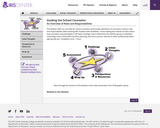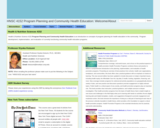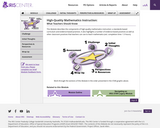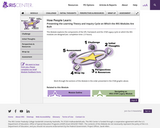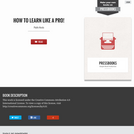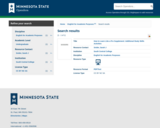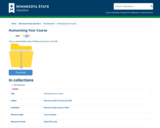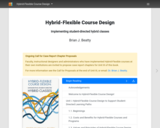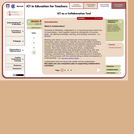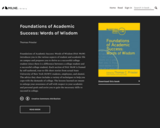
Short Description:
Return to milneopentextbooks.org to download PDF and other versions of this textNewParaFoundations of Academic Success: Words of Wisdom (FAS: WoW) introduces you to the various aspects of student and academic life on campus and prepares you to thrive as a successful college student (since there is a difference between a college student and a successful college student). Each section of FAS: WoW is framed by self-authored, true-to-life short stories from actual State University of New York (SUNY) students, employees, and alumni. The advice they share includes a variety of techniques to help you cope with the demands of college. The lessons learned are meant to enlarge your awareness of self with respect to your academic and personal goals and assist you to gain the necessary skills to succeed in college.
Long Description:
Foundations of Academic Success: Words of Wisdom (FAS: WoW) introduces you to the various aspects of student and academic life on campus and prepares you to thrive as a successful college student (since there is a difference between a college student and a successful college student). Each section of FAS: WoW is framed by self-authored, true-to-life short stories from actual State University of New York (SUNY) students, employees, and alumni. The advice they share includes a variety of techniques to help you cope with the demands of college. The lessons learned are meant to enlarge your awareness of self with respect to your academic and personal goals and assist you to gain the necessary skills to succeed in college.
Word Count: 19266
ISBN: 978-1-942341-10-9
(Note: This resource's metadata has been created automatically by reformatting and/or combining the information that the author initially provided as part of a bulk import process.)
- Subject:
- Education
- Higher Education
- Material Type:
- Textbook
- Provider:
- State University of New York
- Author:
- Thomas Priester
- Date Added:
- 10/25/2021

